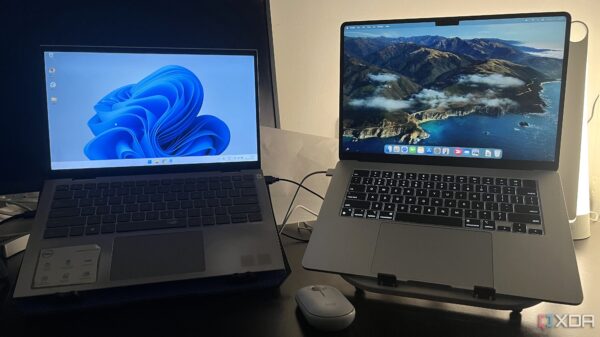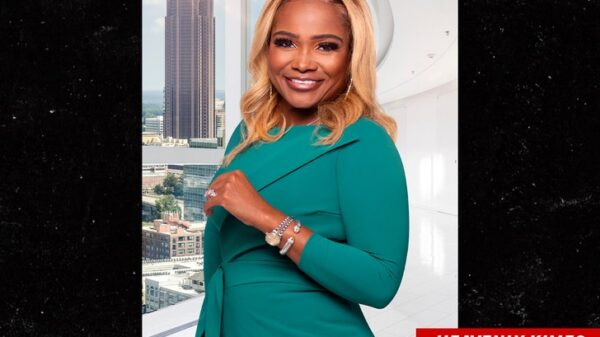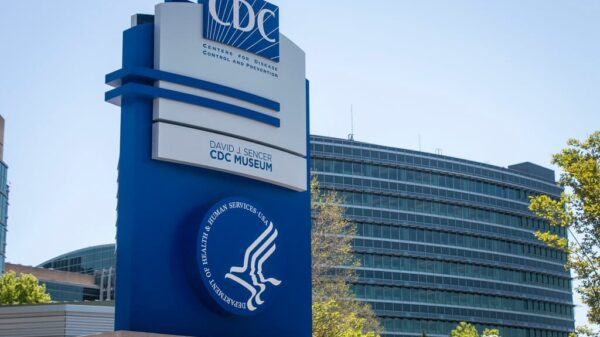Verizon Communications Inc. is facing significant hurdles in its attempt to finalize its acquisition of Frontier Communications, as the California Public Utilities Commission (CPUC) raises concerns over the company’s recent abandonment of diversity, equity, and inclusion (DEI) policies. This policy shift, which helped Verizon secure approval from the Federal Communications Commission (FCC), now threatens to hinder its progress in California.
The FCC approved Verizon’s acquisition of Frontier after the company stated it would eliminate its DEI initiatives, a move that paralleled similar decisions made by other telecommunications and media firms, including T-Mobile and Paramount Global. These companies acted in response to pressure from former President Donald Trump and FCC Chairman Brendan Carr, who have criticized DEI policies across various industries.
As of now, the CPUC has not granted approval for the Verizon-Frontier merger and has expressed concerns regarding Verizon’s decision to eliminate its DEI commitments. In May 2023, the CPUC issued a scoping memo indicating that the merger could be subject to numerous state regulations, while questioning the implications of Verizon’s policy changes. The commission has proposed a procedural schedule that could potentially delay a final decision until the first quarter of 2026.
Blair Levin, a former FCC official and current policy analyst at New Street Research, assessed the situation, commenting in June that the CPUC’s review would likely be one of the most challenging processes Verizon faces. Despite these challenges, he expressed that he does not believe the CPUC will ultimately block the deal, even if some of Verizon’s actions appear to conflict with California law.
In response to the CPUC’s concerns, Verizon stated in June that it maintains a “broad view of inclusion and opportunity” and will continue to seek partnerships with qualified small businesses. However, in a July 17 blog post, Levin noted that CPUC Commissioner John Reynolds issued a critical order regarding Verizon’s response, stating that it was “temporally and substantively broad” and generally unacceptable.
Commissioner Reynolds further highlighted that Verizon had failed to identify any previous assertions that it no longer supports, raising potential conflicts with Public Utilities Code Section 8283. This code mandates that public utilities submit annual plans to increase procurement from businesses owned by women, minorities, disabled veterans, and members of the LGBT community. Verizon’s statement that it will not establish “quantitative goals for diverse spend” directly contradicts the requirements of General Order 156, which stipulates that utilities must allocate at least 21.5% of their contracts to the aforementioned groups.
Reynolds has provided Verizon with a “final opportunity” to address these deficiencies in their testimony. The crux of the issue lies in the ambiguity surrounding the definition of DEI, as Levin pointed out. FCC Chairman Carr has not articulated what constitutes “invidious discrimination” or the specifics of DEI practices, leaving companies uncertain about which practices comply with FCC regulations.
While Verizon’s correspondence with Carr regarding its DEI policies may align with the chairman’s perspectives, it does not necessarily reflect the views of other stakeholders, including those at the CPUC. Levin believes the CPUC’s intent is not to block the merger but rather to seek clarity on Verizon’s commitment to DEI and to uphold California’s legal framework that promotes engagement with historically disadvantaged groups.
He noted that Reynolds’ approach appears to push Verizon to navigate the complexities between Carr’s directives and California’s legal expectations. Levin remains optimistic about Verizon’s ability to reconcile these differing demands, stating that the company’s legal team is well-equipped to address California’s concerns without contradicting its commitments to the FCC.
The resolution of this matter remains uncertain as Verizon explores potential adjustments to its DEI policies to facilitate approval of the merger. Levin suggests that while Carr cannot legally retract the FCC’s approval, there may be flexibility in how Verizon can align its practices with both federal and state requirements.



































































